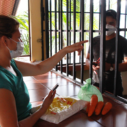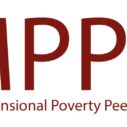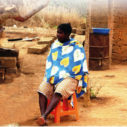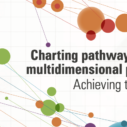
Search
News

Honduras launches innovative transfer program in response to COVID-19
The Government of Honduras, with support of the United Nations Development Programme (UNDP) launched “Single Voucher” (Bono Unico), an innovative social protection program aimed at supporting the most vulnerable population affected by COVID-19 in Honduras. The Single Voucher is a one-time subsidy of $82 dollars (2,000 lempiras) delivered through an electronic voucher that can be exchanged for food, medicine and /or medical supplies to up to 260,000 persons in the country in the next three months.


Let’s Not Waste This Chance: Dynamic exchange at the UNGA on leadership and poverty amidst the COVID pandemic
OPHI and the MPPN held an online Side Event at the 75th UN General Assembly for 21 world leaders and policymakers to discuss how to reduce poverty in the context of the COVID-19 crisis. The leaders’ attitude towards reducing poverty during the COVID-19 hyper-event and recession was well articulated by Pakistan’s Sania Nishtar: ‘Let’s not waste this chance’.













